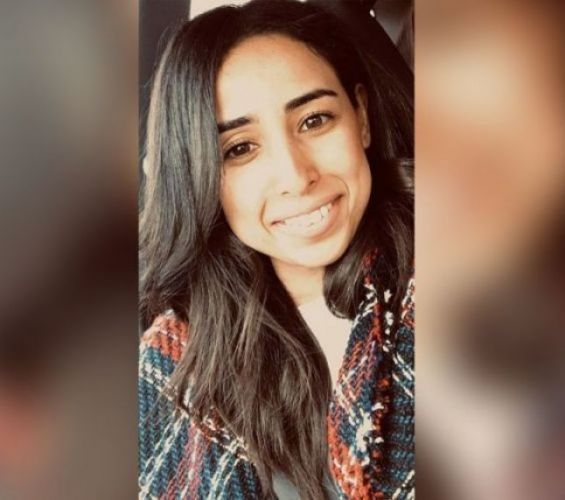Growing up, Mouna Taroua dreamed of studying medicine and becoming a neurosurgeon. However, faced with the impossibility of integrating a medical school, Mouna opted for biomedical engineering. Today, she is a lead biomedical engineer at Lazarus 3D, a startup in Houston, Texas.
The young Moroccan woman was born on August 10, 1992 in Casablanca. In 2010, after completing high school, she packed up for the United States. She joined Richland College, a public community school in Dallas, Texas, for three years before applying for the University of Texas at Dallas for a Bachelor in Biomedical Engineering.
«Here, studies are very expensive when you opt for a medical school. I also loved engineering, making things and fixing computers. So I came across the program, which was new and which would allow me to work in a medical field», Mouna Taroua told Yabiladi.
However, earning a university degree did not allow her to find a job in the United States immediately. «It was a bit harsh, especially since the student visa I had only allowed me to work for three years», she recalled.
Designing and printing human organs in 3D
Mouna Taroua ended up finding a job at the research center of a hospital, which was doing pharmaceutical research for companies wanting to test drugs on animals. She spent two years there before joining Lazarus 3D.
«It was more specialized, because the company manufactures prototypes intended to allow doctors to perform pre-surgeries before getting into the more complex surgical procedures. So, for a patient suffering from kidney cancer for example, the doctor presents us with different radiological analyzes and we transform them into a 3D printed organ».
The Moroccan explained that her interest in this area was driven by demand, especially in medical schools. «Medical students practice suturing on animals, sometimes even on fruits. A lot of people think it's fair in Morocco, but it's all over the world», she said.
 Mouna Taroua during an event organized by the by the Birtish embasys to dicuss new technologies. / DR
Mouna Taroua during an event organized by the by the Birtish embasys to dicuss new technologies. / DR
Thus, Mouna Taroua and her company contacted professors and surgeons to present them with practical work adapted with organs printed in 3D, anatomically close to humans. «I also designed a human model to make an exact simulation of the emergency procedure aimed at bypassing the respiratory tract of a patient who can no longer breathe. It is not the first in the world, but the material is very close to human flesh, with the real dimensions of the throat and even artificial blood for the simulation», the engineer explained.
«Some people ask me, when they learn that I am Moroccan, if I have seen the film 'Casablanca' while others say that they want to visit Morocco», she said.
The coronavirus between Morocco and the United States
As the new coronavirus is hitting the United States hard, Lazarus 3D has adapted, offering the young Moroccan woman new challenges. The company thus became interested in the manufacture of protective masks and face shields. «The doctors and surgeons started asking us to make masks», which the company did, by adapting its 3D-printing process. «We reached 40,000 face shields a day and became the main supplier of the Houston Medical Center, one of the largest hospitals in the United States, before also helping hospitals in New York. We have reached 1.2 million medical supplies brought to hospitals», she said proudly.

On behalf of Mouna Taroua, Lazarus 3D also filed, last week, a provisional license for a 100% self-cleaning mask with filters. This sort of new equipment presents a real manufacturing challenge as 3D printing remains a new science, the engineer added. The latter also expressed her pride in the fact that Morocco was spoken of during this health crisis.
«It is encouraging to learn that Morocco did not need another country to support itself.Here in the United States, we still buy masks from abroad.When Morocco turns to its young people and its industry, we can only be proud».
The young engineer took the opportunity to make the Kingdom go even further. «We have to go all the way and let the State support young people and initiatives. We must equip universities with 3D printers and software and encourage those who want to learn», she argued. «There are geniuses in Morocco who can do better than what I do but who need to be supported», she concluded.





 chargement...
chargement...













